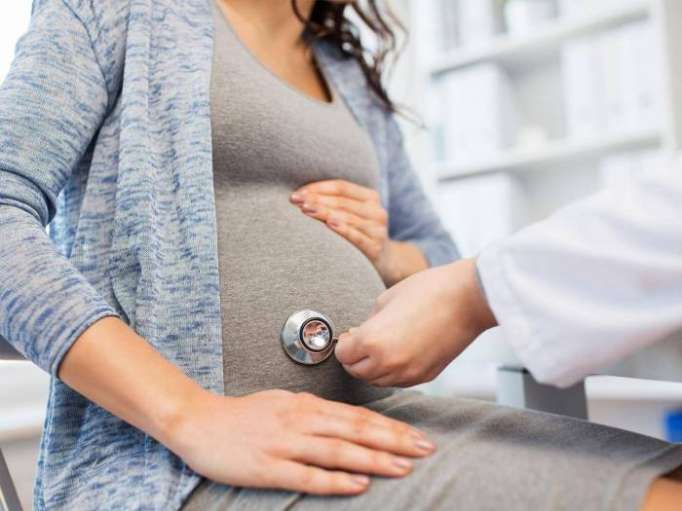Researchers analysed levels of the essential nutrient in the blood, before pregnancy and eight weeks after, of 1,200 women who had experienced a previous pregnancy loss and were hoping to conceive again.
Those whose vitamin D levels were in line with recommended levels prior to conception were 15 per cent more likely to have a live birth, and risk of miscarriage decreased as levels of the vitamin rose.
“Our findings suggest that vitamin D may play a protective role in pregnancy,” said Dr Sunni Mumford from the Eunice Kennedy Shriver National Institute of Child Health and Human Development in Rockville, Maryland.
The findings, published in Lancet Diabetes and Endocrinology, add to earlier studies which had suggested higher levels of vitamin D were beneficial in women undergoing in vitro fertilisation (IVF).
The studies looked at IVF success rates and claimed that live birth rates improved with sunnier weather, but there is less information on its effect in people trying to conceive naturally.
Vitamin D is essential for the body to absorb calcium and other minerals from the food and drink we consume.
Deficiencies can cause bone weakness and deformities, particularly in children who are growing rapidly where it can lead to rickets.
We get up to 90 per cent of our vitamin D from the sun, but in gloomier climates like the UK deficiencies can occur, particularly in black and minority ethnic people with darker skin or where people are not getting a balanced diet or are spending much of their time indoors.
Supplements are already recommended to pregnant women and children under five, but this report suggests that the benefits were more important in the pre-pregnancy stage when women may not know they are deficient.
For this study researchers classified vitamin D levels of 30 nanograms per millilitre or below as “insufficient”. Women above this threshold were 10 per cent more likely to become pregnant than women below it, and each 10 nanogram per millilitre increase in their vitamin D levels prior to conception was linked to a 12 per cent lower risk of pregnancy loss.
However, it found no association with vitamin D levels after pregnancy and miscarriage rates.
The authors also note that this research would be needed to prove vitamin D levels were causing this change and it may be that factors like poor diet and lifestyle impact on fertility and vitamin D levels.
More about: VitaminD
















































